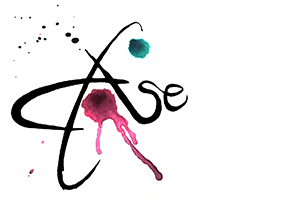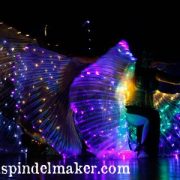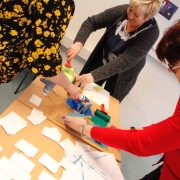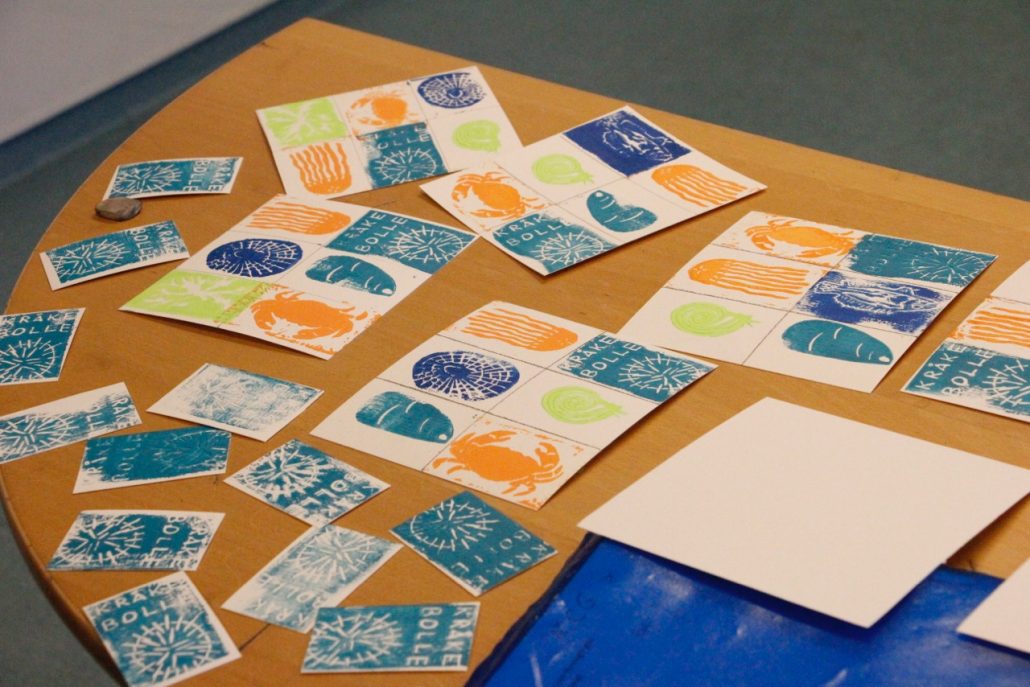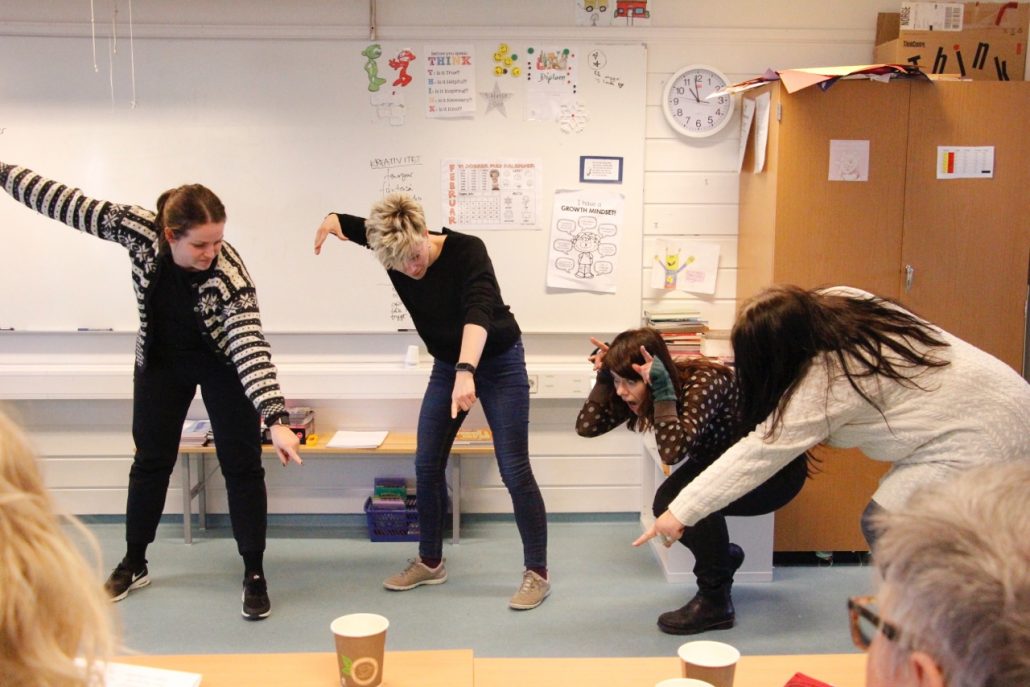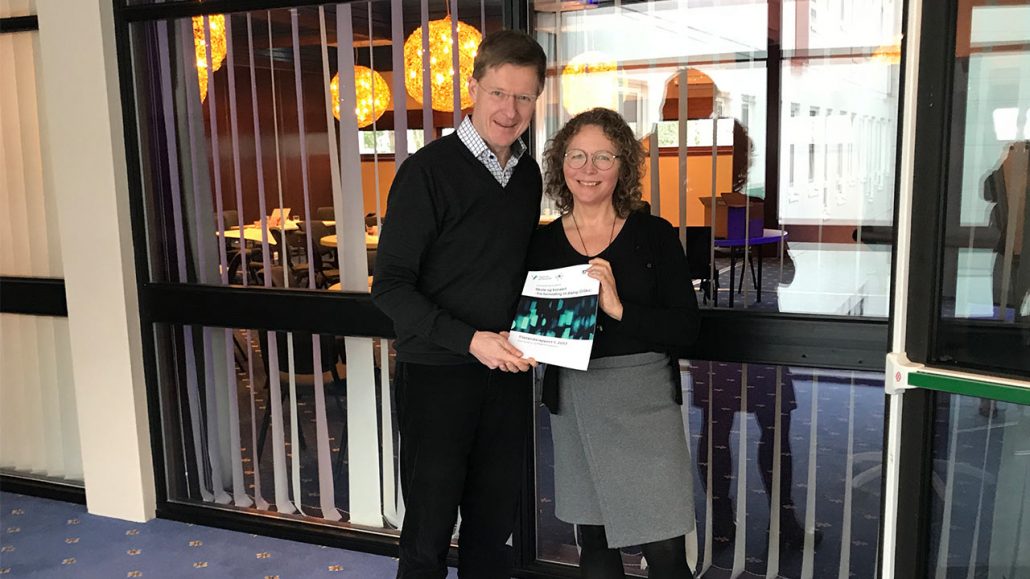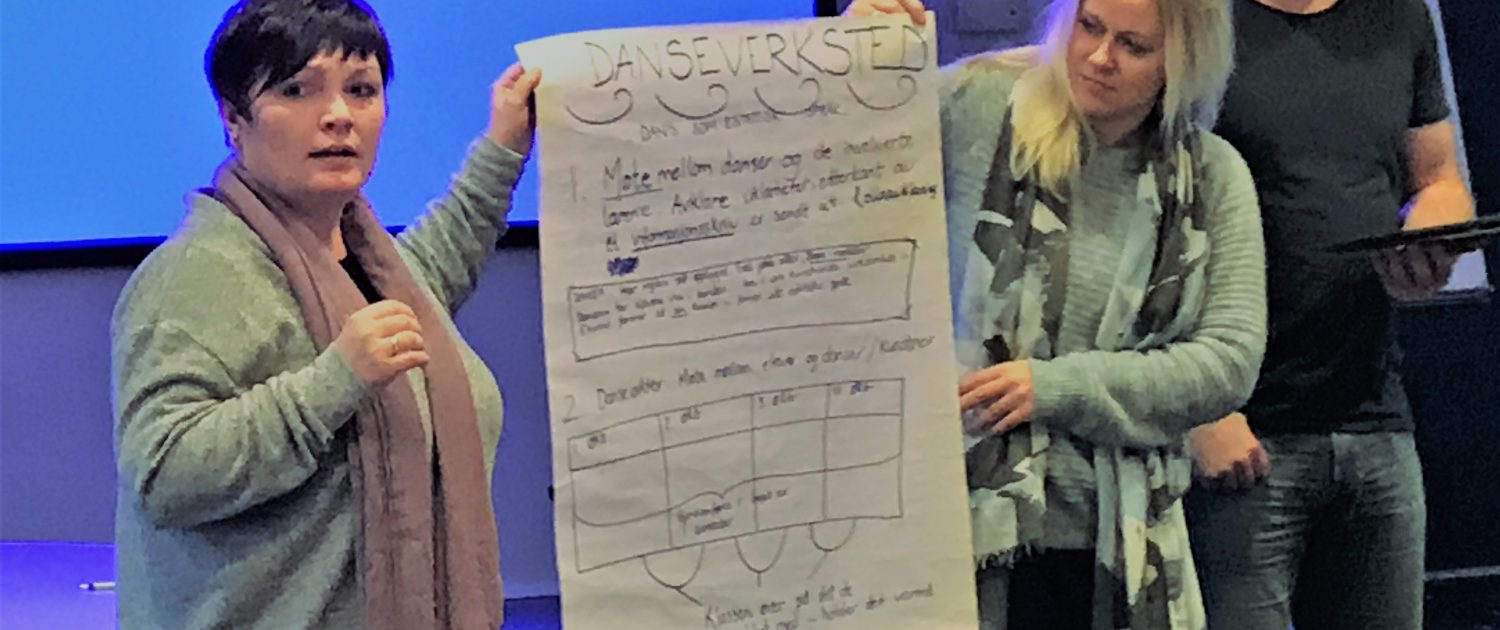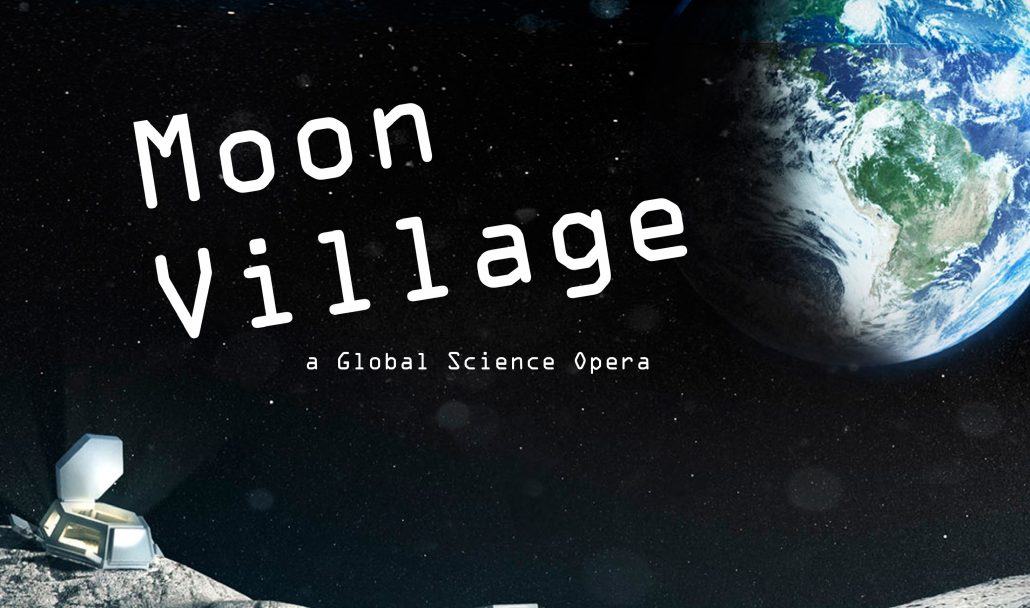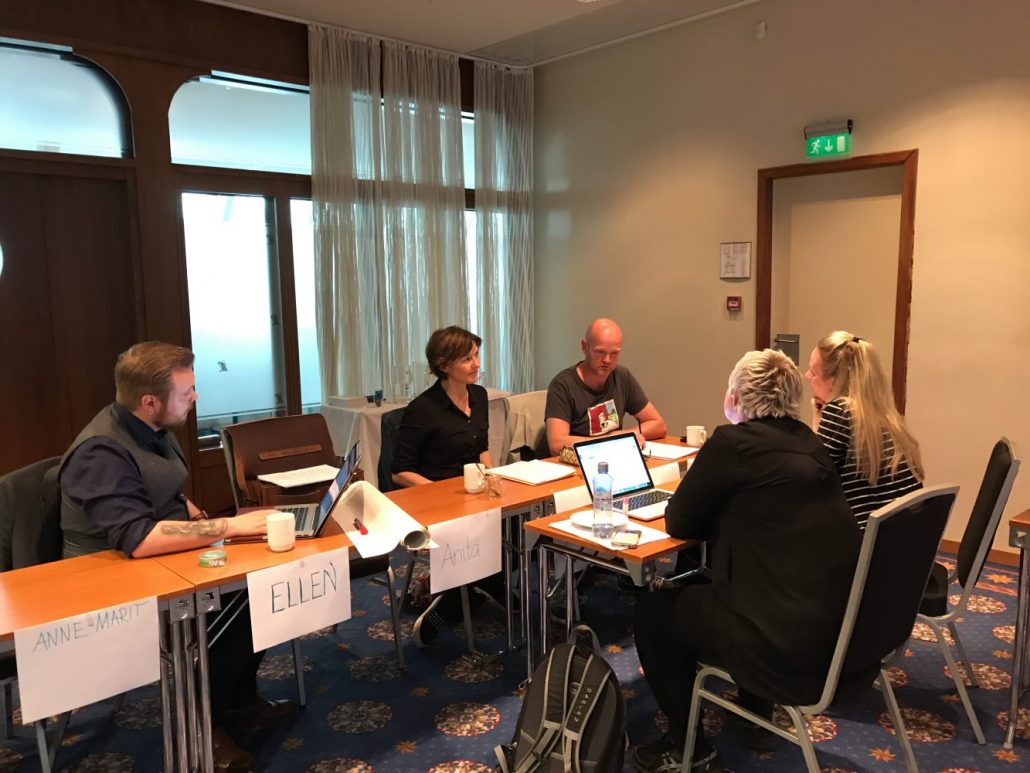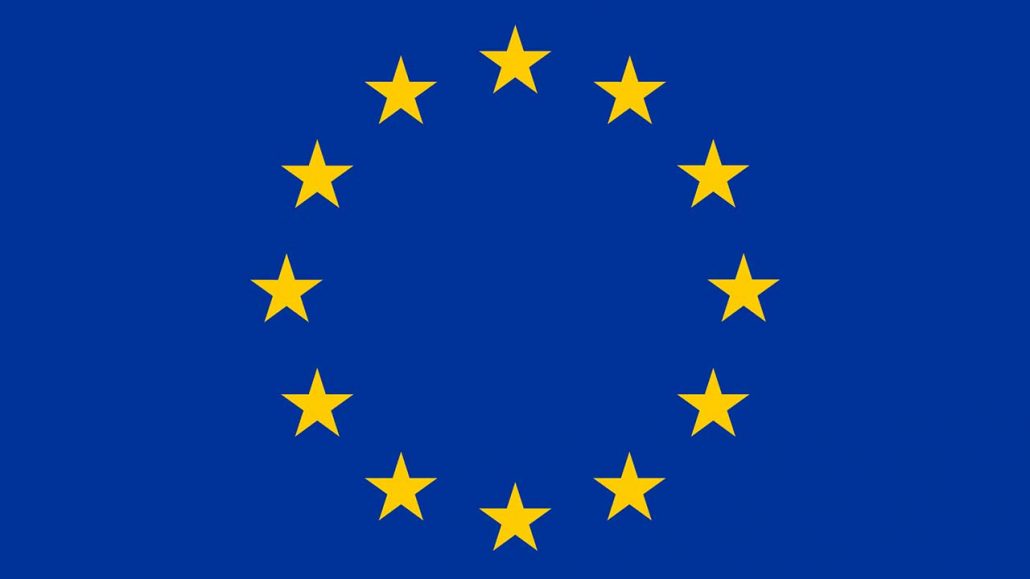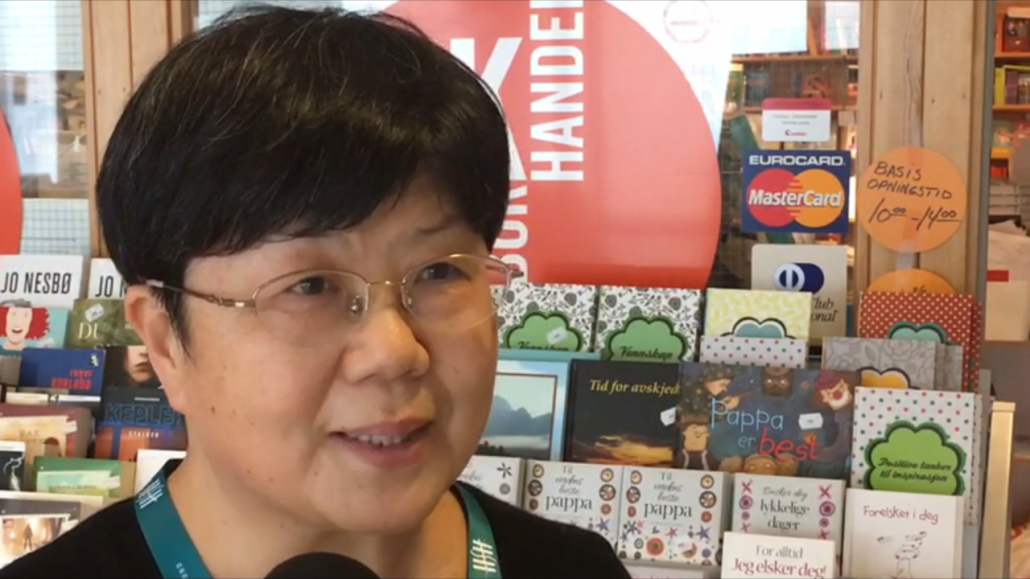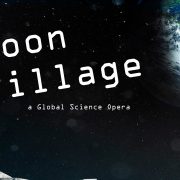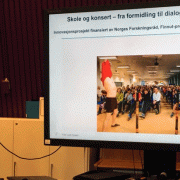GSO-workshops on sustainable design in education
As part of further development of the Global Science Opera (GSO), PhD-candidate Janne Robberstad recently traveled to South-America. In Brazil she visited The 11th International Meeting of Astronomy and Astronautics to talk about the GSO and how to integrate an holistic sustainability-thought into the educational project. There was also time to visit one of the schools who participate in the GSO, and eager students engaged in a workshop in sustainable props-design.
Next stop was Chile. Here Janne met the girls whom each year dance in the GSO, and lead three separate workshops in sustainable costume-design. This year they will be mermaids and jelly-fish, and they were brainstorming how to include the ocean plastic pollution into the scenario. It was a great trip Janne says. One of the Brazilian teachers described it this way: “It is an acknowledgement for us to have a visit from Europe, first now the students really understand that they have been part of a global collaboration, that someone from another country has seen their performance.”
